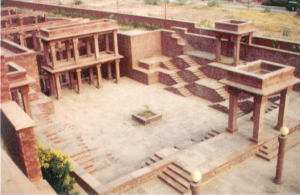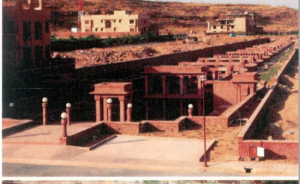Thursday, October 17th, 2019
223 Moses Hall – UC Berkeley
>> Link to program
Agenda
08.30 Coffee
08.45 Welcome & Introductions
Anna Serra-Llobet, Sonja Jähnig, Matt Kondolf
09.00 Policy Innovations: USA, California, EU, Germany
Eileen Fretz-Shader (American Rivers), John Cain (River Partners), Anna Serra-Llobet (UC Berkeley), Sonja Jähnig (IGB Berlin)
10.00 Coffee break
10.20 Successful Projects: USA, California Jeff Opperman (World Wildlife Fund), Sarah Yarnell (UC Davis), Ted Grantham (UC Berkeley)
11.20 Discussion Led by Matt Kondolf (UC Berkeley)
11.40 Group Photo & Lunch
1.00 p Successful Projects: EU, Germany
Mathias Scholz (Helmholtz Centre for Environmental Research, Leipzig), Jürgen Geist (Technical University of Munich), Christian Damm (Karlsruhe Institute of Technology)
2.00p Discussion Led by Sonja Jähnig (IGB Berlin)
3.00p Reflections: When can flood risk management and ecosystem restoration work together?
Jay Lund (UC Davis)
3.30p Coffee break
3.50p Open Discussion: What can we learn from each other? What elements can we draw from the other country to improve our approach? Led by Heidi Hall (DWR) and Rafael Schmitt (Stanford University)
5.00p Closing Comments Sonja Jähnig & Matt Kondolf
5.30p Adjourn

